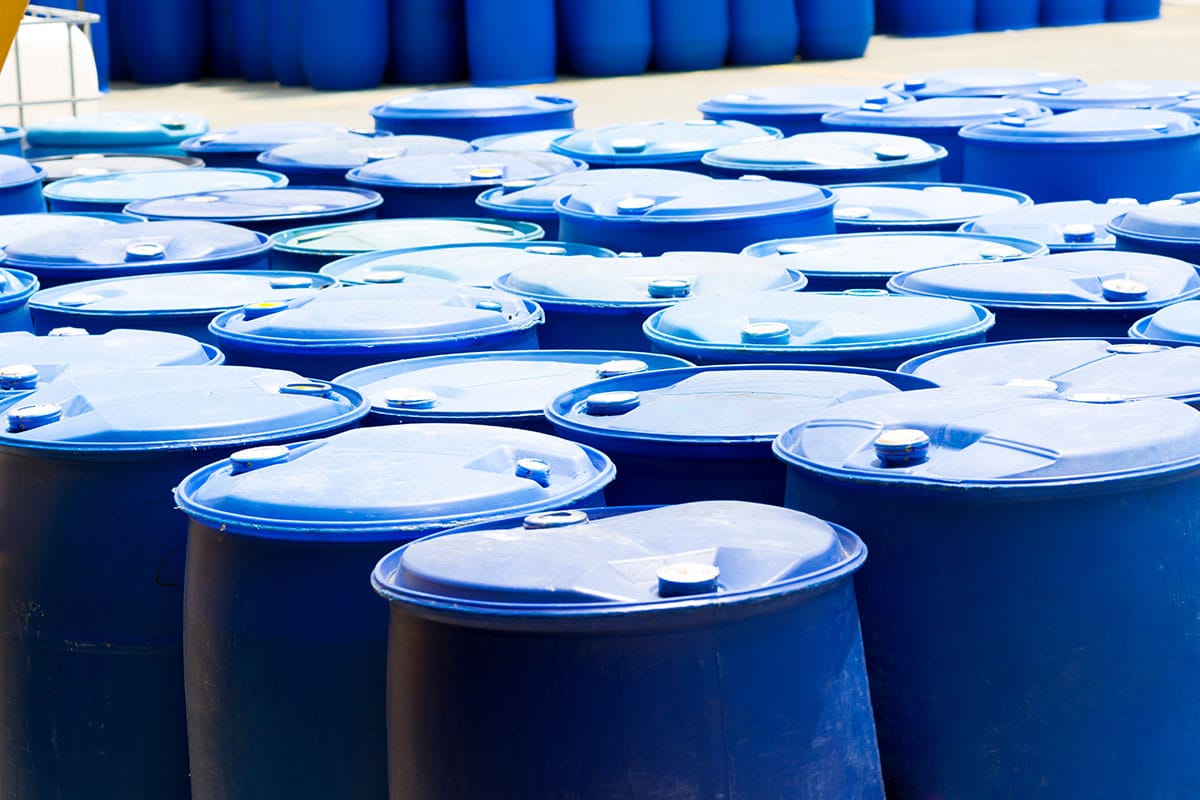Why Foam Control Matters in Boiler Systems
Foaming in boilers is a significant operational concern that can reduce efficiency, increase carryover, and cause costly equipment damage. Excessive foam leads to unstable water levels, poor steam purity, and increased energy consumption, ultimately impacting overall plant performance.
To prevent these issues, antifoam agents are used to control excessive foam and ensure stable boiler operation. But what exactly causes foaming, and how do antifoams work?
This guide covers:
1. What Causes Foam in Boilers?
Foaming occurs when dissolved and suspended solids in boiler water create stable bubbles that resist collapsing. These bubbles can lead to boiler water carryover, where water droplets enter the steam system, reducing steam purity and potentially damaging downstream equipment.
Common Causes of Boiler Foaming:
- High dissolved solids (TDS): Excessive minerals and organic matter increase surface tension, leading to foam formation.
- Contaminants (oils, grease, organics): Certain chemicals stabilize bubbles, making foam more persistent.
- Alkalinity imbalances: High alkalinity (pH above recommended levels) increases the risk of foam formation.
- Overdosing of treatment chemicals: Excessive use of phosphates, polymers, or surfactants can lead to unintended foaming.
Regular water testing and proper boiler water treatment are essential to prevent conditions that contribute to foaming.
2. How Do Antifoam Agents Work?
Antifoam agents, also known as defoamers, are specially designed chemicals that break down and prevent foam formation in boiler water. They work by:
- Disrupting surface tension – Antifoams destabilize bubbles, causing them to collapse.
- Reducing water carryover – Prevents boiler water from contaminating the steam system.
- Improving heat transfer efficiency – Eliminates foam-related insulating effects on heat exchangers and boiler tubes.
Types of Antifoam Agents:
| Antifoam Type | Best for Controlling | Common Applications |
|---|---|---|
| Silicone-based | Persistent foaming, high temperatures | Industrial boilers, high-pressure steam systems |
| Oil-based | Organic contamination, mild foaming | Food processing & refining applications |
| Water-based | Low solids, fast dispersing foam | General-purpose boiler treatment |
The selection of an antifoam agent should be based on boiler design, operating conditions, and specific water chemistry factors.
3. Best Practices for Using Antifoam in Boilers
To maximize boiler efficiency and steam quality, it’s essential to use antifoam agents correctly.
1. Regularly Monitor Water Chemistry
- Test for TDS, alkalinity, and organic contamination to detect foam risk factors early.
- Maintain proper blowdown rates to prevent solids buildup.
2. Select the Right Antifoam for Your System
- Use silicone-based antifoams for high-temperature systems.
- Choose oil-based options for systems prone to organic contamination.
3. Optimize Antifoam Dosage
- Start with the lowest effective dose to avoid overuse.
- Follow the manufacturer’s recommended ppm levels for your boiler size.
4. Apply Antifoam at the Correct Injection Point
- Introduce antifoam before foaming becomes severe, ideally at the feedwater tank or boiler drum.
- Use a controlled dosing system to ensure even distribution.
4. Common Mistakes to Avoid
To maximize boiler efficiency and steam quality, it’s essential to use antifoam agents correctly.
1. Overdosing Antifoam:
- Adding too much can introduce secondary contamination or impact steam quality.
- Solution: Always follow recommended dosing guidelines.
2. Ignoring Root Causes of Foaming:
- Relying only on antifoams without addressing TDS, alkalinity, or contaminants can lead to long-term inefficiencies.
- Solution: Conduct regular water testing to maintain balanced chemistry.
3. Using the Wrong Antifoam Type:
- Some antifoams are not designed for high-temperature boilers and may break down prematurely.
- Solution: Match the antifoam formula to your boiler operating conditions.
Learn More Technical Training
Proper boiler foam control is essential for maximizing efficiency, preventing carryover, and ensuring long-term system reliability. Apex offers specialized technical training to help plant operators, maintenance teams, and engineers gain in-depth knowledge on antifoam agents and boiler water chemistry.
Want to enhance your team’s expertise? Contact us today to learn more about our technical training resources on boiler water treatment and efficiency.
